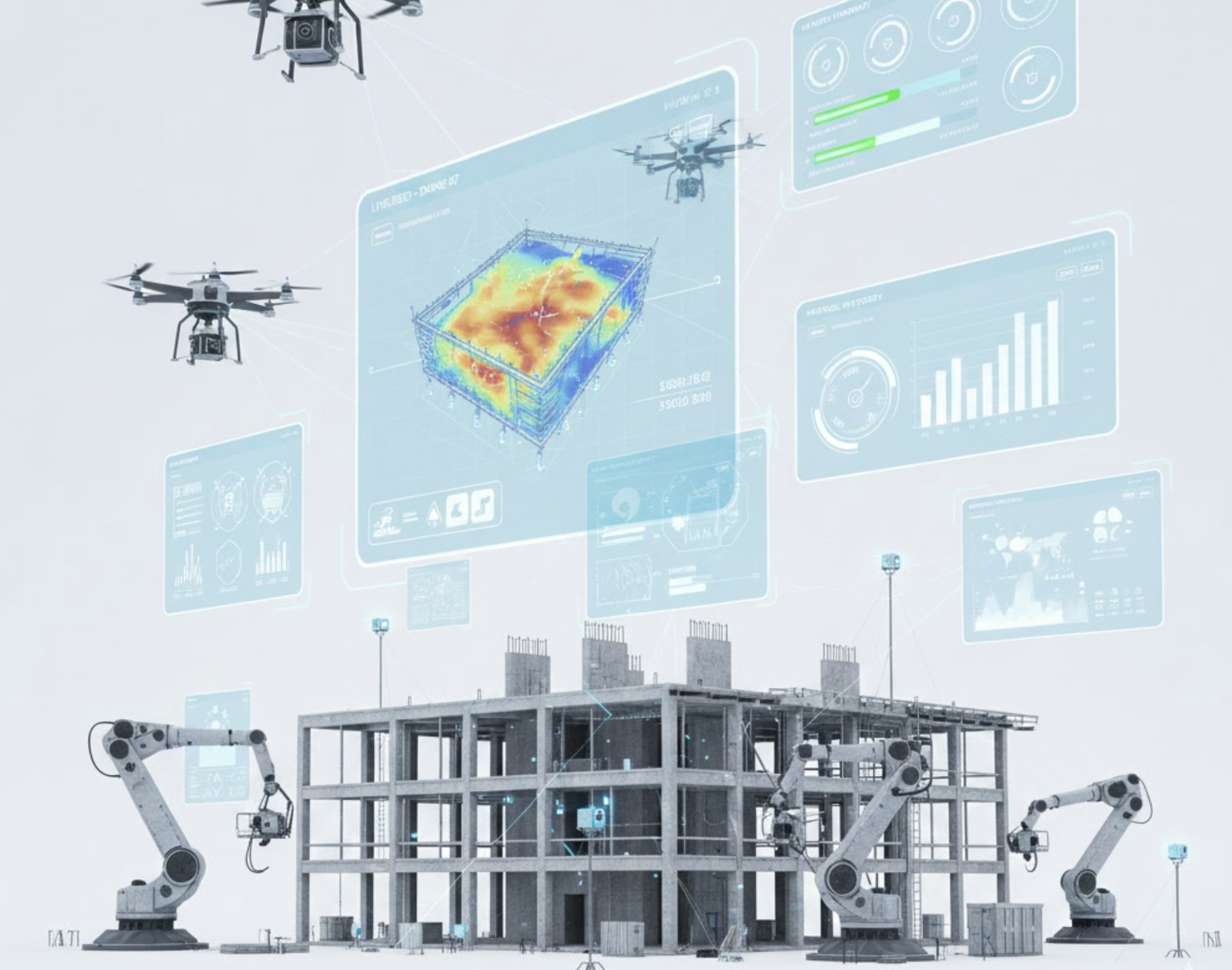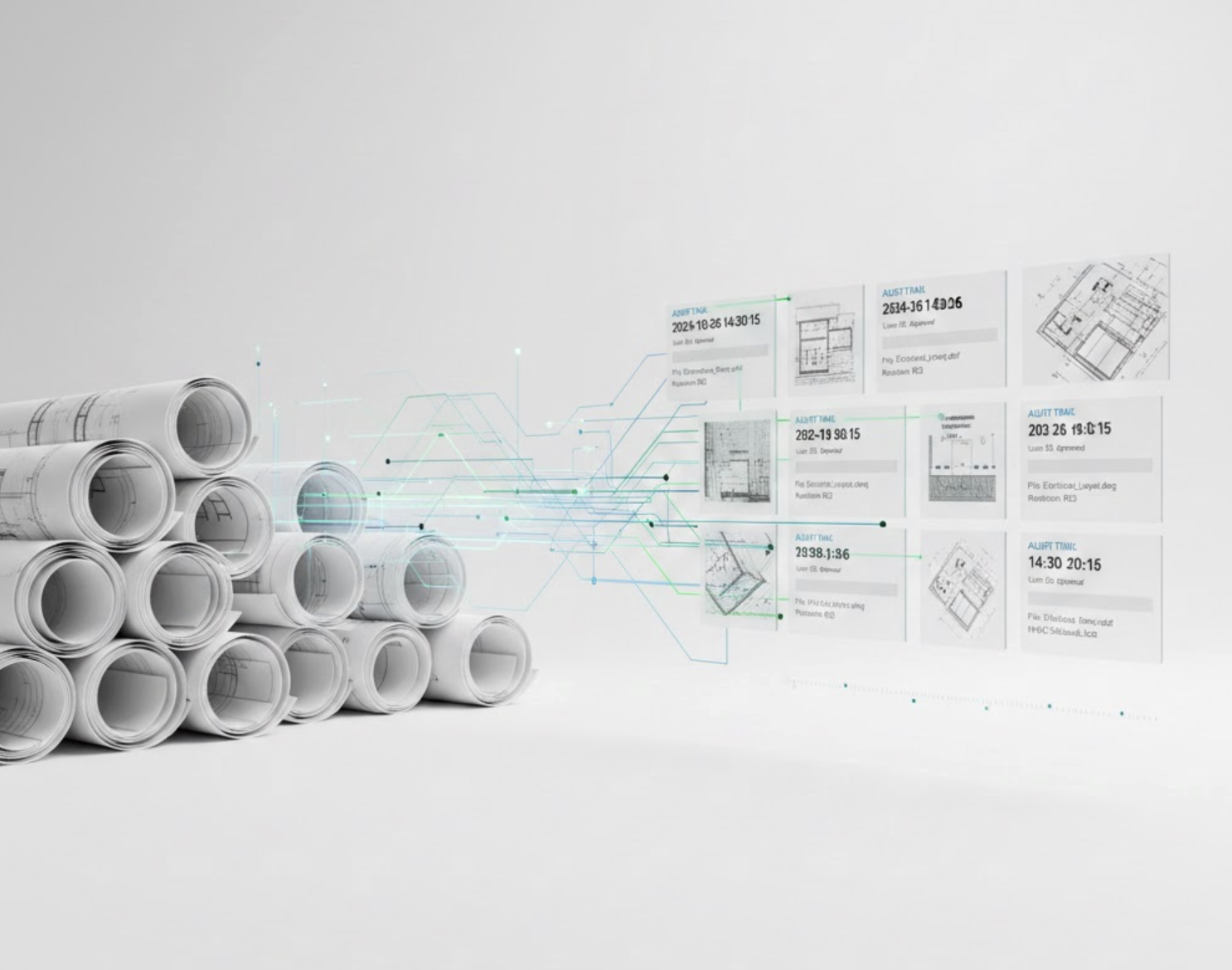Why Middle East Projects Need Multilingual Jobsite Tools
The construction industry in the Middle East faces unique challenges due to its diverse workforce and client base. Given the prevalence of various languages, especially Arabic and English, the adoption of multilingual jobsite tools is essential for effective communication, enhanced collaboration, and successful project outcomes. In this blog post, we delve into the importance of multilingual support in construction project management and how Zepth’s innovative tools address these needs.
Importance of Multilingual Support
Diverse Workforce and Client Base
The Middle East is known for its multicultural environment, comprising workers and clients from various backgrounds. Language barriers can hinder effective communication among stakeholders, which affects project progression and outcomes. By utilizing multilingual jobsite tools, organizations ensure that all team members have access to project information in their preferred language, fostering a collaborative environment. A common data environment for construction that accommodates multiple languages streamlines workflows and elevates overall project efficiency.
Enhanced Collaboration and Communication
The adoption of advanced digital tools such as Building Information Modeling (BIM) is crucial for modern construction management. However, language hindrances can limit the effective utilization of such technologies. Integrating multilingual capabilities in tools like Zepth’s Document Register enhances collaboration across teams and various stakeholder levels. This leads to improved project outcomes as everyone can communicate effectively—creating transparency, clarity, and ensuring that critical information is accessible.
Regulatory and Government Mandates
To cater to the push for digital transformation within the construction sector, Middle Eastern governments are increasingly implementing regulatory mandates that advocate for inclusive digital practices. By adopting multilingual jobsite tools, companies can ensure compliance with these regulations. The integration of such tools guarantees that project data and communication meet the needs of all involved parties, regardless of their language proficiency.
Benefits of Multilingual Jobsite Tools
Improved Project Management
Real-time project management tools such as Zepth’s Construction Progress Report provide stakeholders with insights into the project’s status. When these tools feature multilingual options, they cater to a broader audience, allowing team members to track progress, identify issues, and manage tasks efficiently—regardless of their primary language.
Enhanced Safety and Efficiency
For construction sites, safety is paramount. Integrating multilingual capabilities in technology, such as drone inspections and safety protocol communication, ensures that crucial information is understood by all site personnel. A clear articulation of safety standards—whether it’s through real-time updates or reporting tools like Zepth’s Inspection tool—can reduce errors and enhance on-site safety.
Better Customer and Stakeholder Satisfaction
Multilingual tools facilitate improved customer service, extending beyond the jobsite. AI-powered platforms can effectively manage client inquiries across languages, thereby enhancing client satisfaction. Construction firms that utilize multilingual support are better equipped to address client concerns promptly, paving the way for positive stakeholder relationships and potential repeat business.
Emerging Technologies and Collaboration
Immersive Tools and Cloud Platforms
The emergence of immersive tools (like virtual reality and augmented reality) and cloud platforms is transforming collaboration in the construction industry. These technologies not only allow for seamless collaboration among different stakeholders but also help bridge the gap between technical and non-technical team members. For construction projects in regions like the UAE, where international investors and partners often play significant roles, incorporating multilingual and interactive features into such digital platforms is vital for effective engagement.
Interactive and Multilingual Features
Digital construction platforms that include interactive capabilities with multilingual features significantly improve engagement levels on job sites. Such tools ensure that communication is clear and precise, reducing the likelihood of misunderstandings. By leveraging these advancements, Zepth aids construction teams in enhancing collaboration through effective functionalities that cater to a diverse pool of stakeholders.
Legal and Regulatory Considerations
Legal Updates and Language Proceedings
With legal updates in the UAE allowing for English language proceedings in local courts, it has become increasingly important for construction entities to ensure language accessibility in all aspects of their operations. This regulatory landscape emphasizes the need for multilingual jobsite tools to minimize the necessity for extensive translated documents during contract disputes. Utilizing tools integrated with multilingual capabilities, like Zepth’s various offerings, can ensure legal documents are clearly communicated to all parties involved, thereby reducing complexities during legal proceedings.
Role of Zepth in Construction Management
Digital Transformation and Integration
Zepth plays a pivotal role in facilitating the digital transformation of construction projects across the Middle East by offering integrated multilingual jobsite tools. These tools enhance collaboration and efficiency, aligning with both regulatory mandates and emerging technological trends. The digital transformation process leverages advanced features such as AI-driven document management and construction analytics to ensure seamless project execution.
Training and Integration
The successful implementation of multilingual jobsite tools relies significantly on proper training and integration into existing systems. Zepth prioritizes these aspects by providing tailored training programs that ensure all users are proficient in utilizing the tools available. Comprehensive training fosters a smoother adaptation process, enabling construction teams to maximize the impact of multilingual features and technologies.
By adopting multilingual jobsite tools, construction projects in the Middle East can significantly enhance operational efficiency, improve safety measures, and elevate stakeholder satisfaction. The solutions offered by Zepth serve as invaluable assets in achieving these goals.
For more information on how Zepth can support your construction projects and introduce effective multilingual strategies, visit Zepth’s multilingual jobsite tools page.




